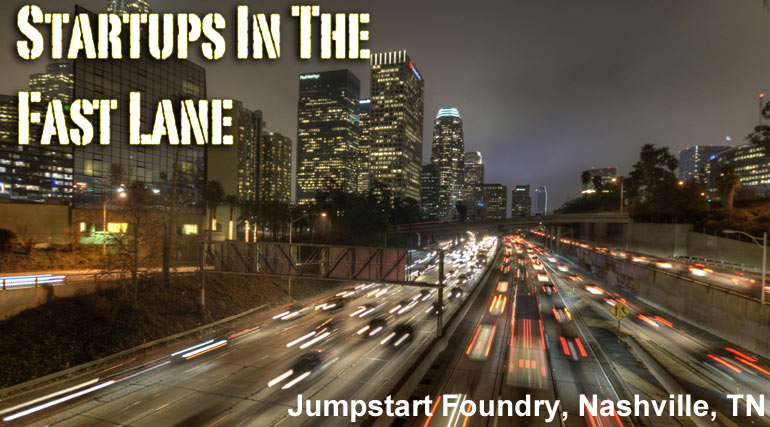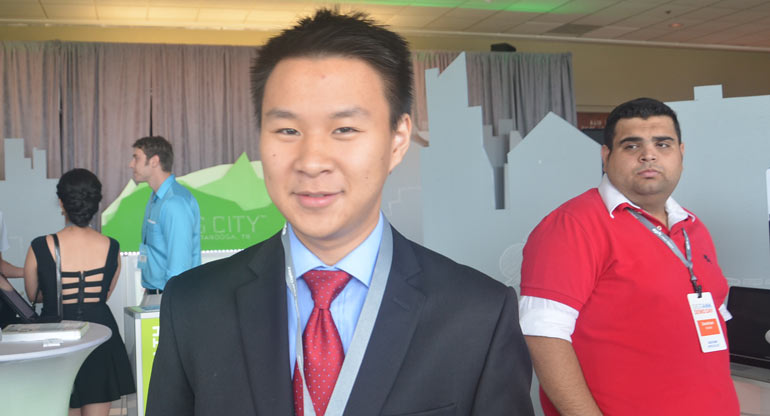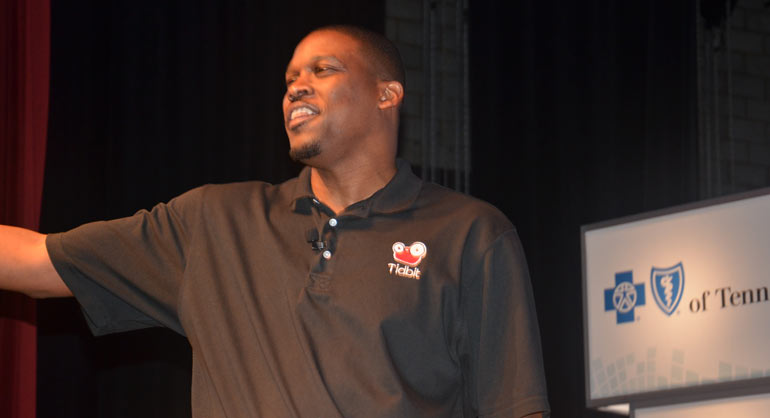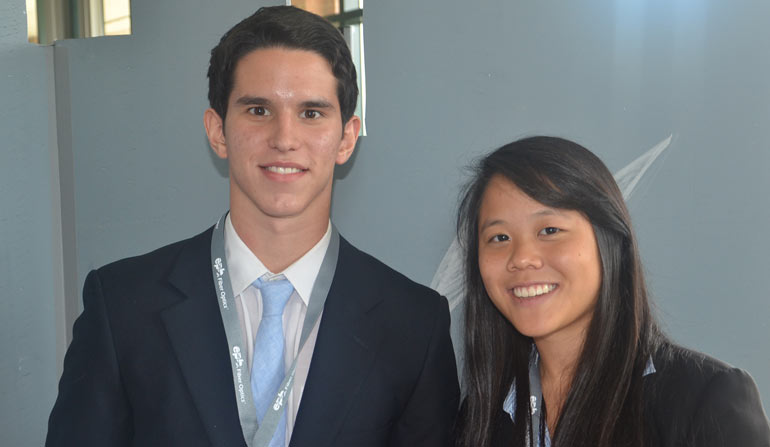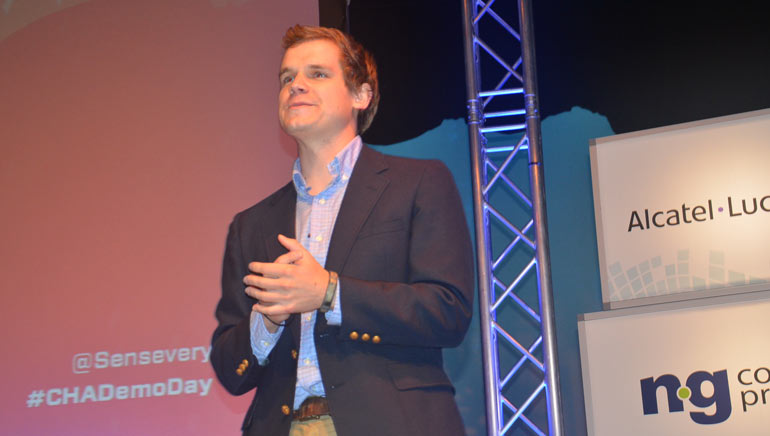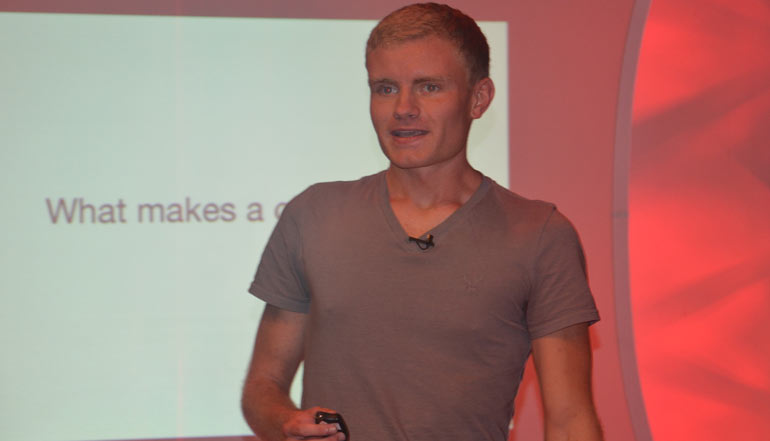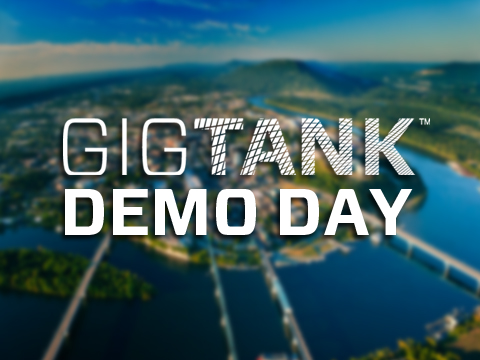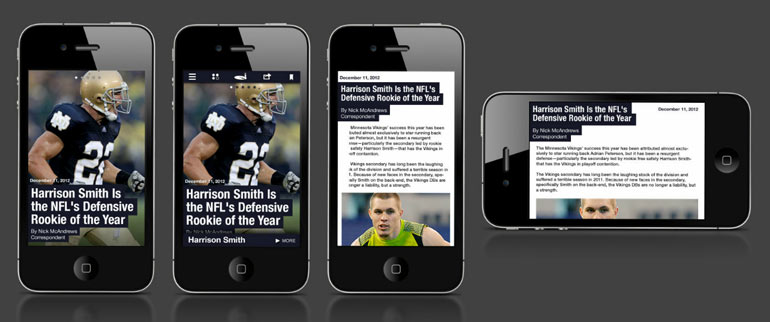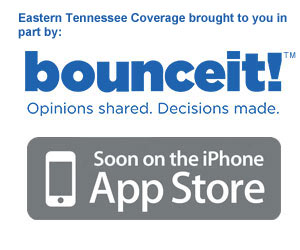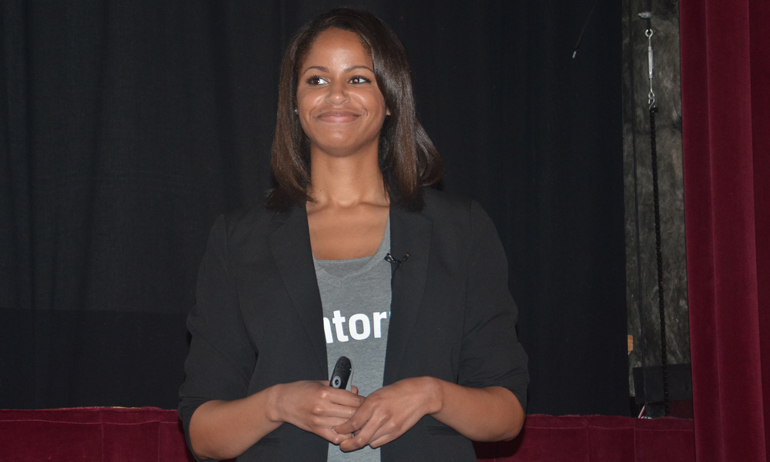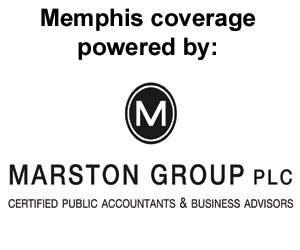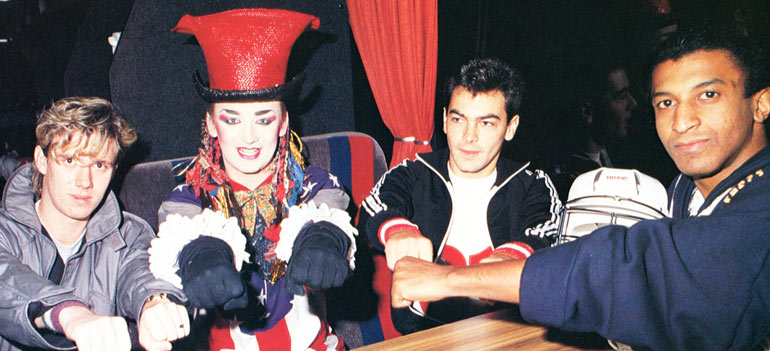One startup is tackling personal investment by polling the best social media information to help anyone have a better grasp on investing. ZingFin is currently accelerating in Nashville, Tennessee at JumpStart Foundry, and we’ve got them in the Fastlane.
Accelerators are a big part of the startup ecosystem globally. Good accelerators aren’t always rosy. They pick the best of the best in their application phase, and then through mentorship and in-depth insight, they turn the idea upside down to get it to market.
ZingFin is one of the teams that will graduate from Jumpstart Foundry on August 22nd. The JSF demo day is often standing room only with over 400 in attendance, so pressure is on for all of the startups. For ZingFin though, the pressure may be greater.
They’ve put together a product that integrates social media into a dashboard that helps investors make more educated decisions for their personal investment portfolios. Hopefully the room full of investors will be chomping at the bit to try out this new product. Some of the accelerator’s investment backers, like Vic Gatto of the Solidus Company, have already been spreading Zingfin out to their social networks.
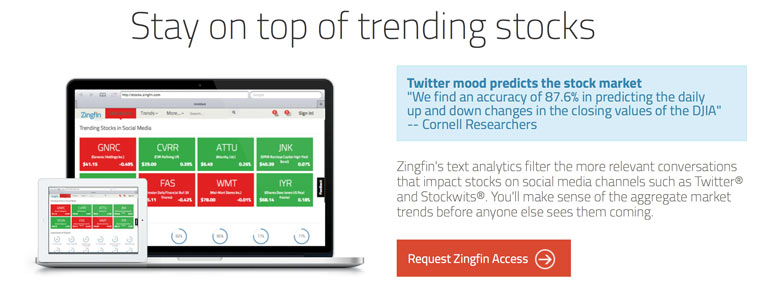 So what does ZingFin do exactly?
So what does ZingFin do exactly?
They stay on top of trending stocks. “Zingfin’s text analytics filter the more relevant conversations that impact stocks on social media channels such as Twitter® and Stockwits®. You’ll make sense of the aggregate market trends before anyone else sees them coming,” the company says on their website. They also tout the fact that Cornell researchers have found that Twitter mood predicts the stock market at an accuracy of 87.6% in predicting the up and down changes in closing values of the Dow Jones Industrial Average.
They also use social media to help identify industry and opinion leaders and they also connect the dots with “indepth visualizations”.
To find out more we talked with Balaji Viswanathan, co-founder of ZingFin in our Startups In The Fastlane interview. Check out the interview below.
Where is your startup originally from?
Boston, MA
Tell us about your current team?
We are a team of 3 – Balaji, Manju, Anup. Balaji has a MS in Computer Science and worked for Microsoft Redmond as a developer for 4 years. Balaji is the CEO and manages the technology execution. Manju is an electronics engineer and she has a background in operations and database management. She is the COO and manages the operations & administration. Anup has an MBA and has expertise in user experience & product development.
What does your startup do?
We help investors be in the know of market trends and pick the right stocks based on social sentiments.
What are your goals for the accelerator program?
To fine-tune product and get the product-market fit.
What’s one thing you’ve learned in the accelerator?
To perfect on that one thing that will gain us the initial advantage. We can always scale from that point.
What’s the hardest piece of advice you’ve had to stomach so far?
Really making the product focus.
What is your goal for the day after demo day?
To hunt for angels who can help us move to the next stage.
Why did you choose this accelerator?
The mentoring is hands-on and Nashville is a city that is on rise.
If you relocated for the accelerator are you staying in your new city?
We moved from Boston. We might temporarily move back to Boston and then will keep traveling back and forth. Depending on our funding we will decide on the final location.
What’s one thing you learned about an accelerator that you didn’t know when you applied?
The fact that Jumpstart has so many mentors who are so interested in getting us successful.
Where can people find out more?
Here is our landing page: Zingfin.com, Our blog is at zingfin.quora.com.
What’s your twitter handle?
@Zingfinapp


